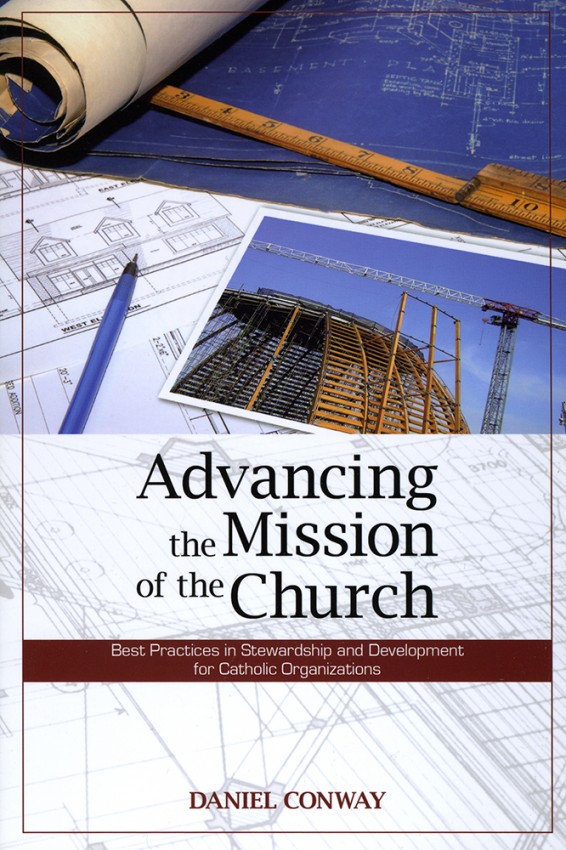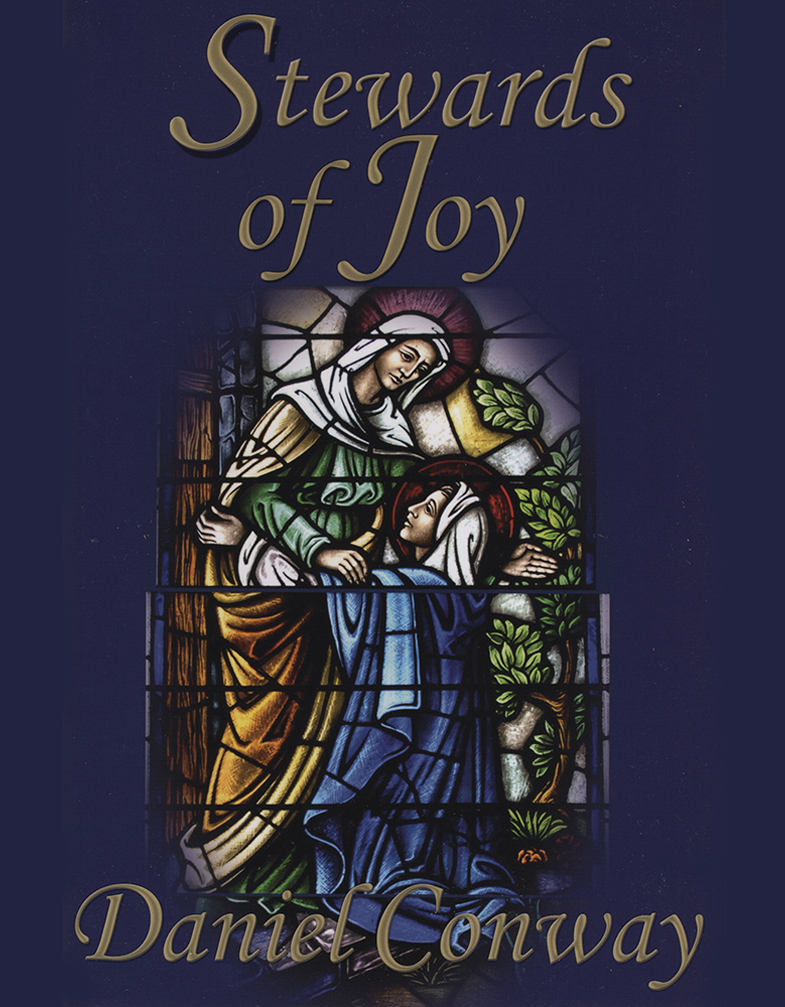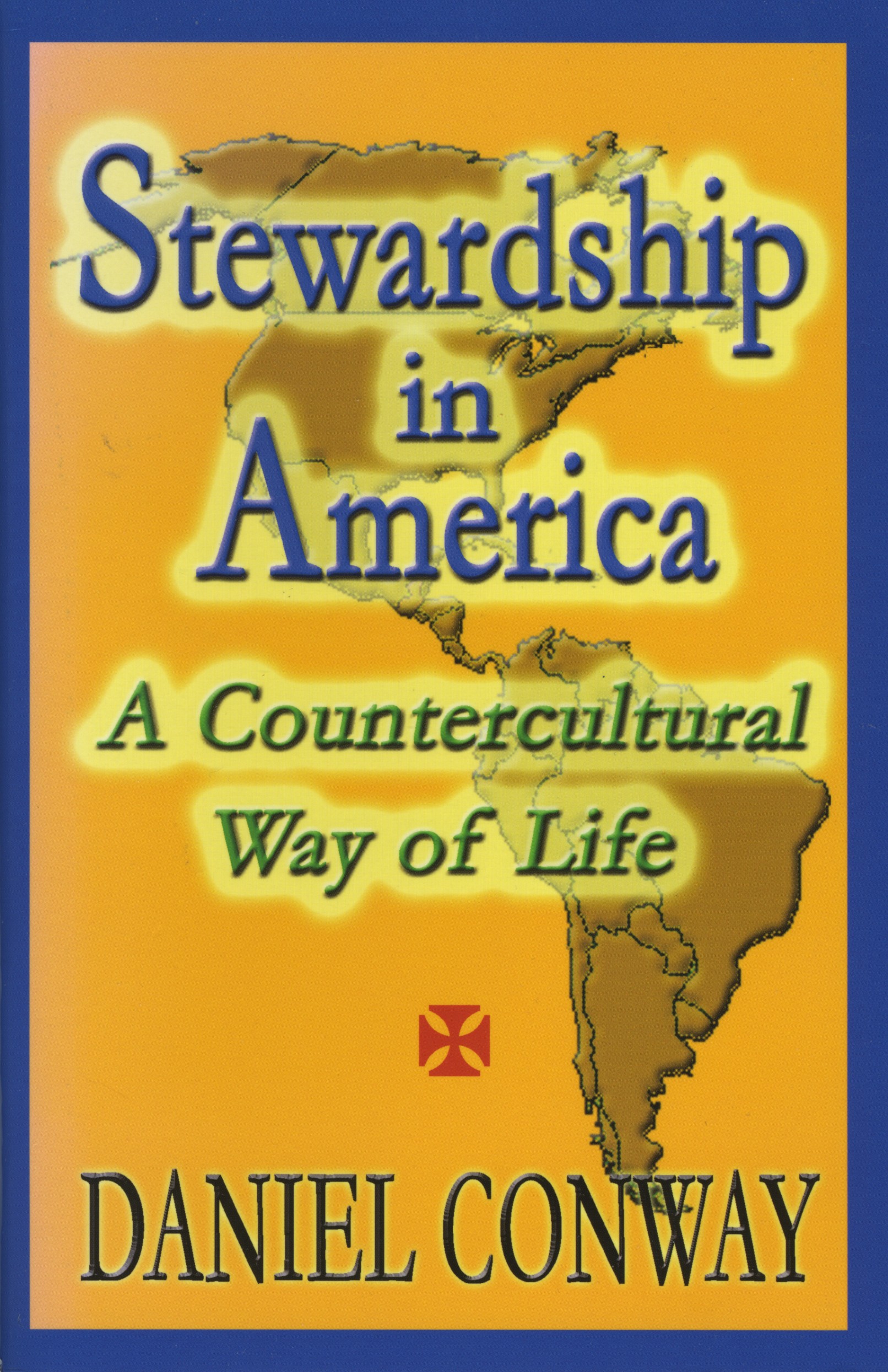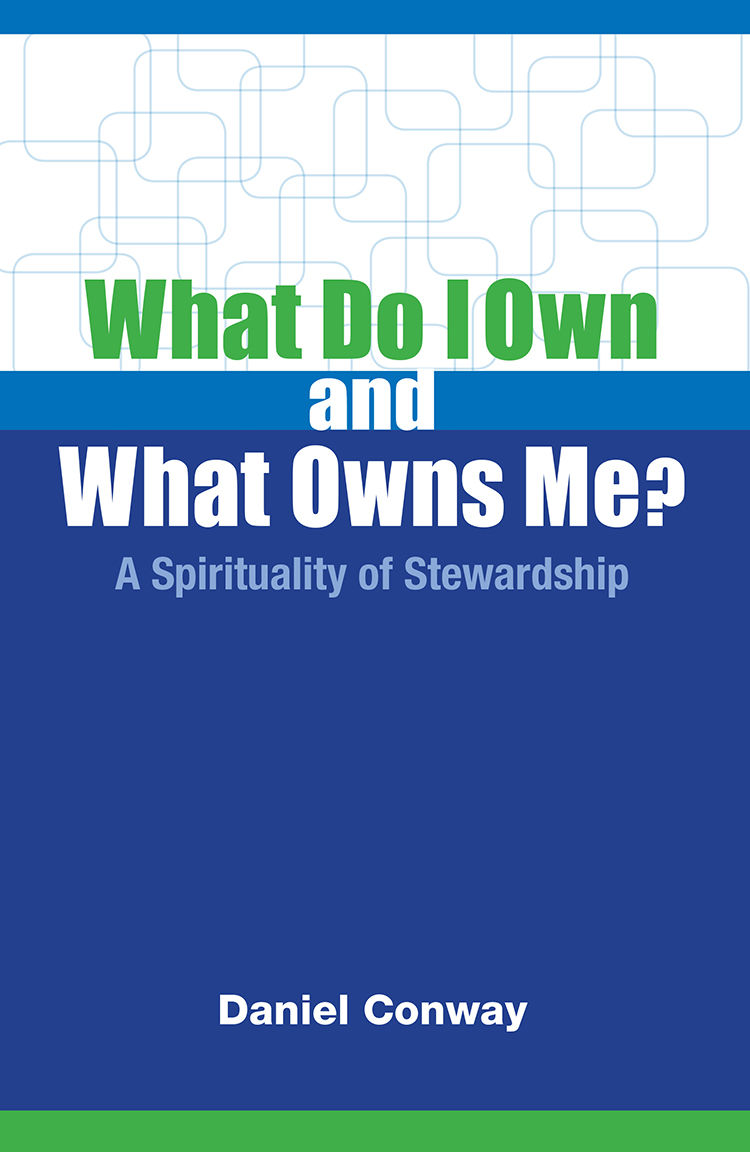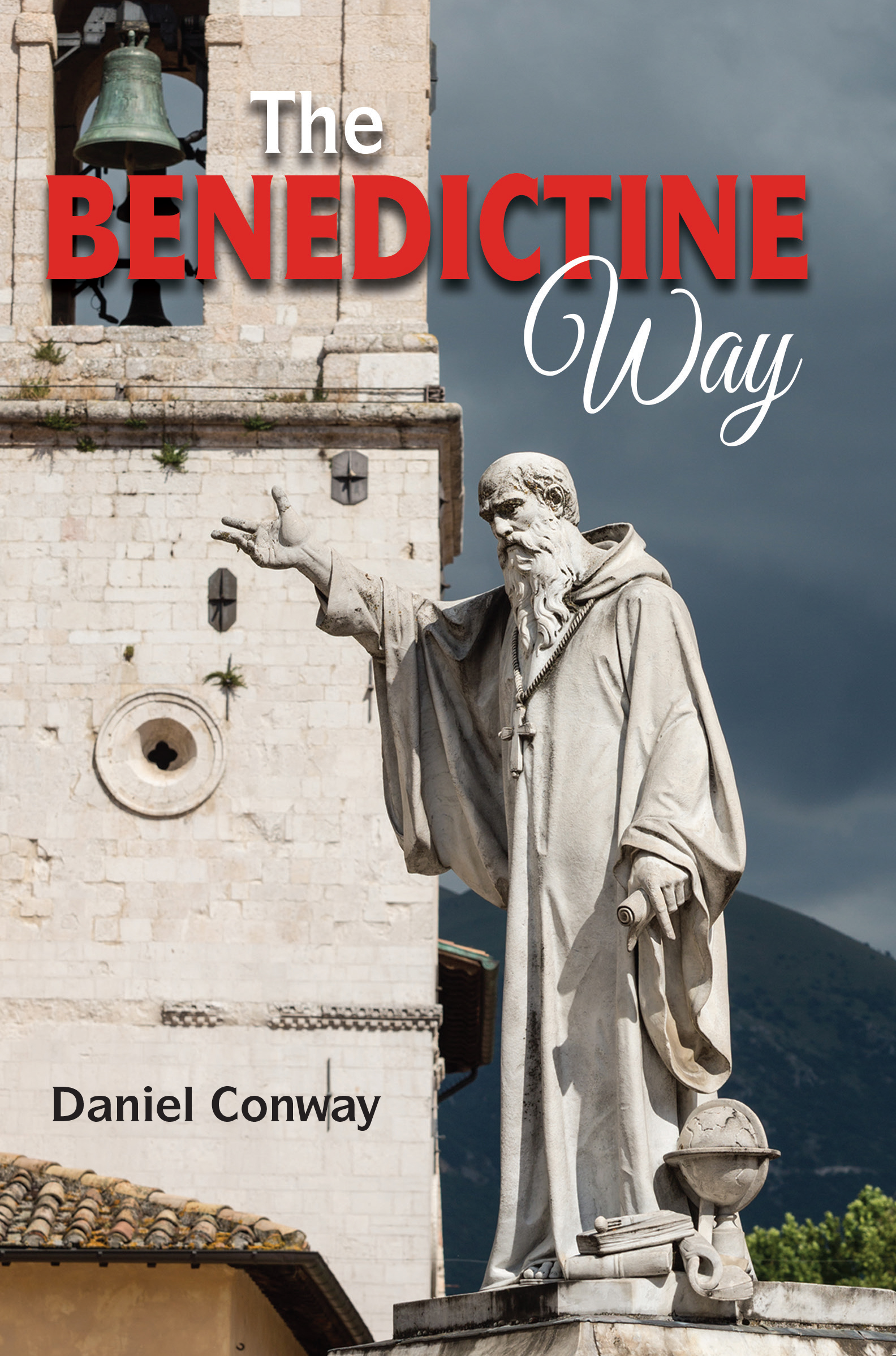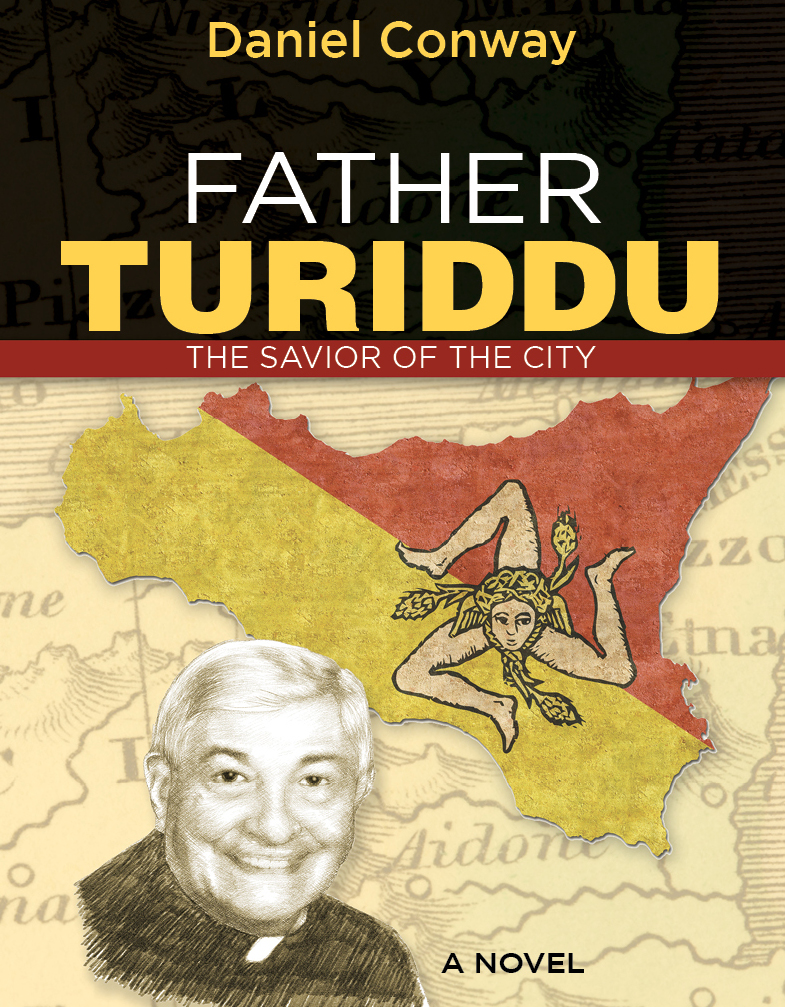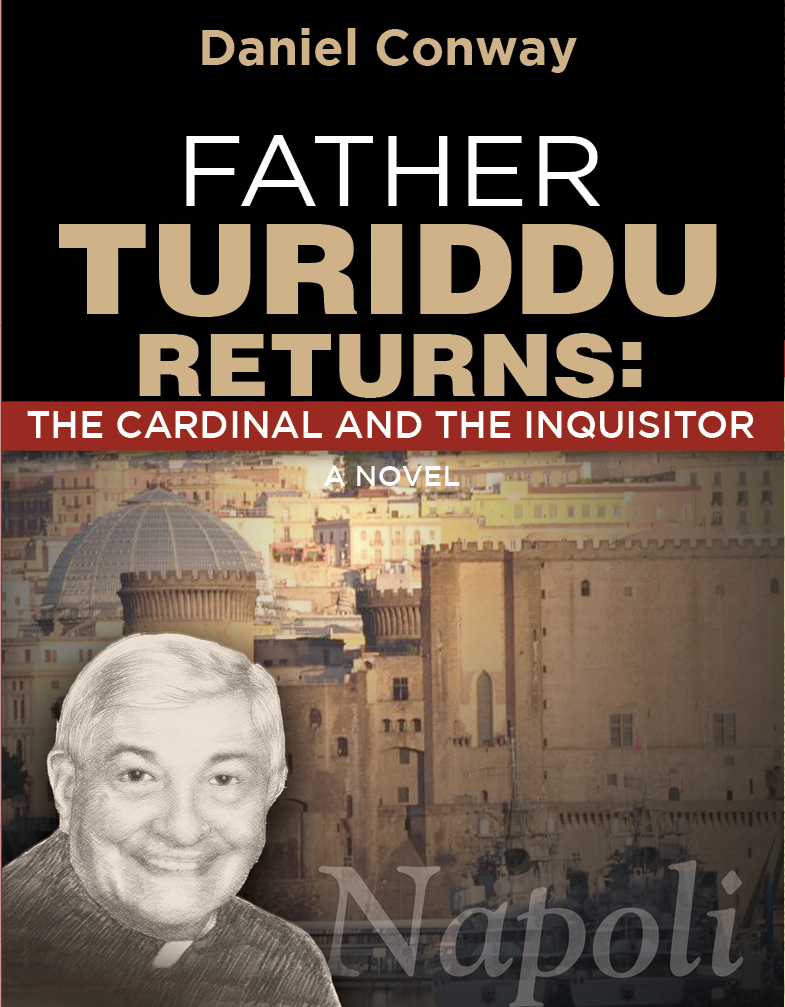Later this year, we will observe the 76th anniversary of the adoption of the Universal Declaration of Human Rights by the United Nations General Assembly. The basic premise of this Declaration—the equal dignity of every person—is one of the cornerstones of Catholic social teaching. We believe human dignity derives from a person’s having been formed in the image and likeness of God. The shared acknowledgement of human dignity as the basis for human rights, which the framers of the Universal Declaration reached by reason, and which Catholics reach by reason and revelation combined, has fostered increasing collaboration among groups of otherwise differing views.
The dignity of the person finds its primary and fundamental expression in the inviolability of human life. The demand for human rights—for example, the right to health, to home, to work, to family, to culture—is false and illusory if the right to life, the most basic and fundamental right and the condition for all other personal rights, is not defended with maximum determination.
Every human person has the right to live. This is especially true of those among us who are most vulnerable—the unborn, the sick and elderly and those who suffer from any mental or physical disability. Everyone has the right to bodily integrity and to the means necessary for the proper development of life, particularly food, clothing, shelter, medical care, rest and the necessary social services. In consequence, everyone has the right to be cared for in the event of ill health; disability; widowhood; old age; enforced unemployment; or whenever through no fault of their own individuals are deprived of the means of livelihood.
One person’s right gives rise to a corresponding duty in others; the duty, that is, of recognizing and respecting individual rights. Every basic human right draws its authoritative force from the natural law, which confers it and attaches to it respective duties. Hence, to claim one’s rights and ignore one’s duties, or only half fulfill them, is like building a house with one hand and tearing it down with the other.
Pope Francis has affirmed the inviolability of human rights, which he believes includes peoples’ right to remain in their homeland. “The path to peace also requires respect for human rights, as defined by the self-evident and commonly accepted principles in the Universal Declaration of Human Rights,” the Holy Father says.
Regrettably, the journey toward a more just and peaceful world remains unfinished. Violence, unjust aggression and open war (or threats of warfare) are everywhere in today’s world. As we work and pray for peace through justice and human dignity, this is a fitting moment to acknowledge the sacrifices of so many who suffered and fought to secure the rights enshrined in the Universal Declaration.
Let us pray that their sacrifices will be the first fruits of peace. And let us work for peace—in our hearts, our families, our nation and throughout the world community.
Daniel Conway

